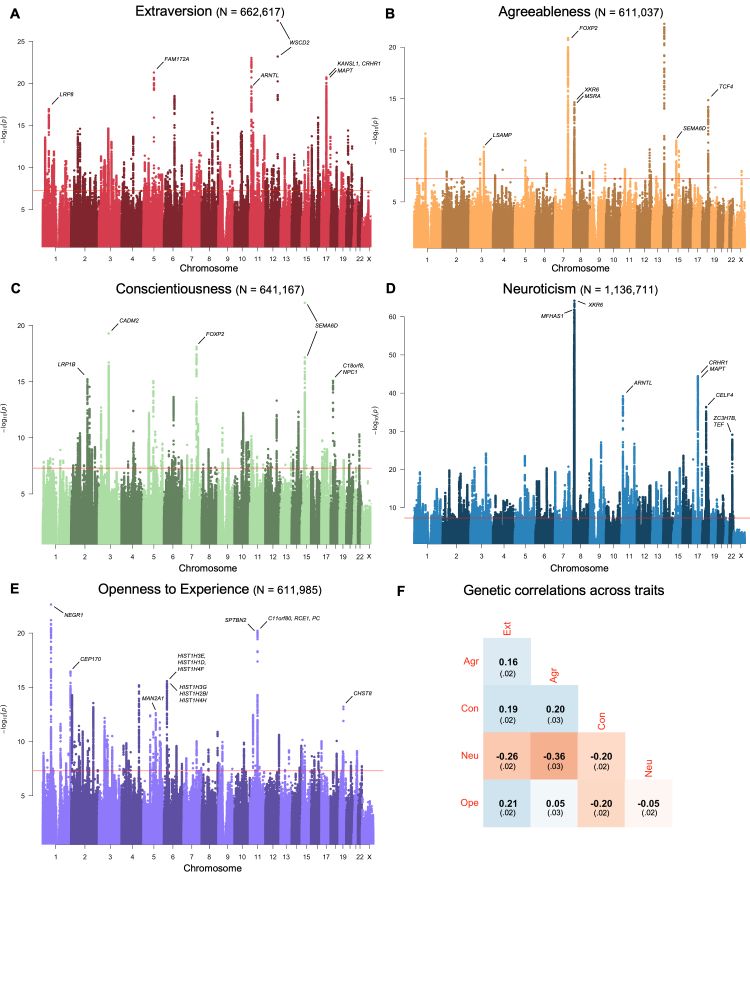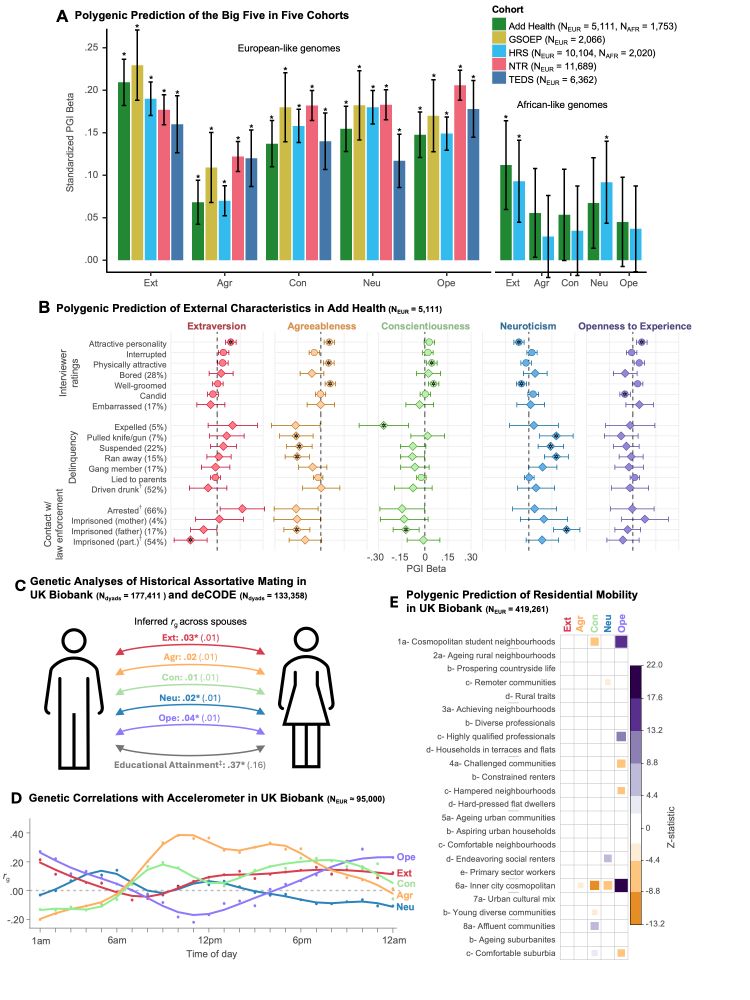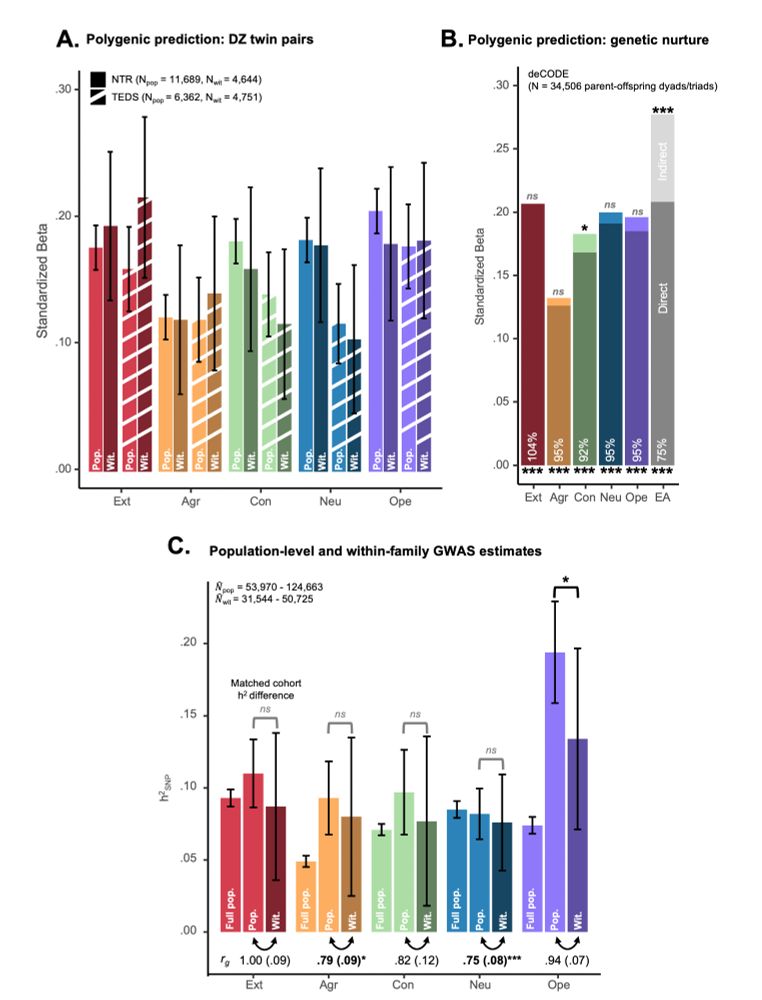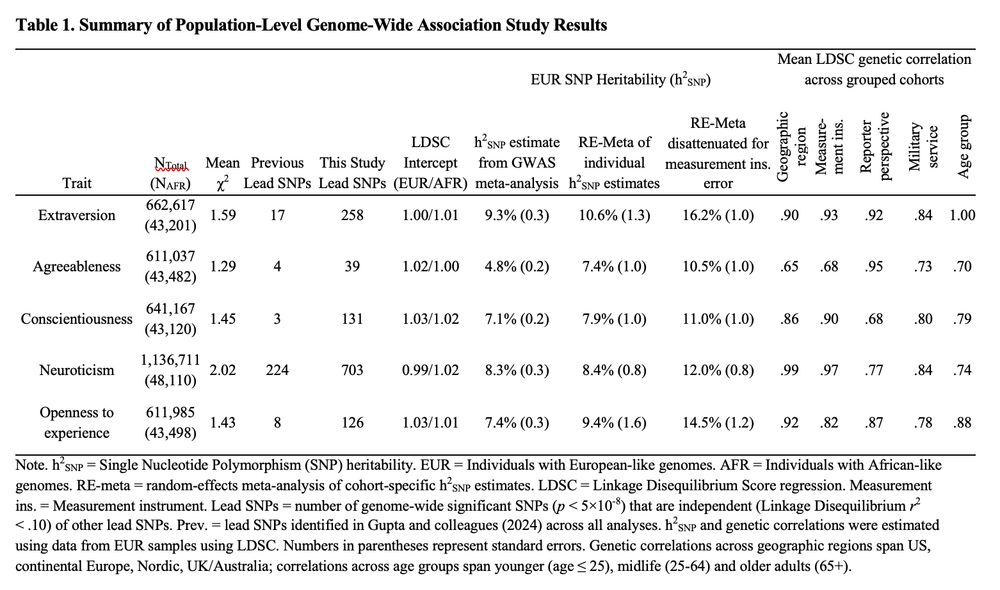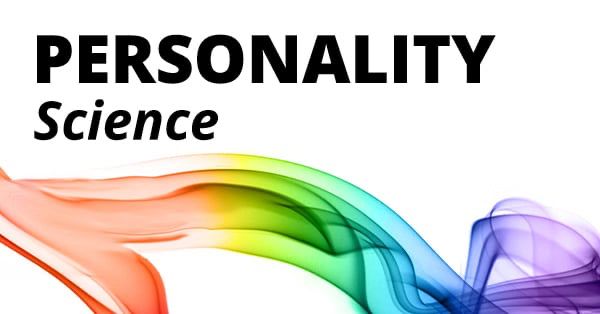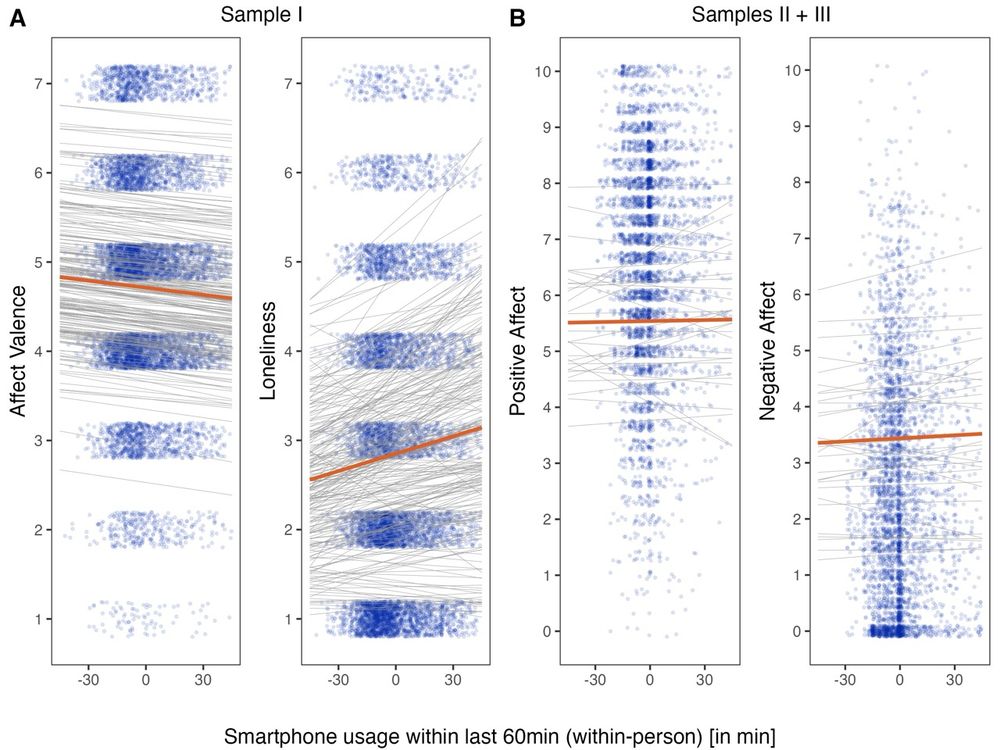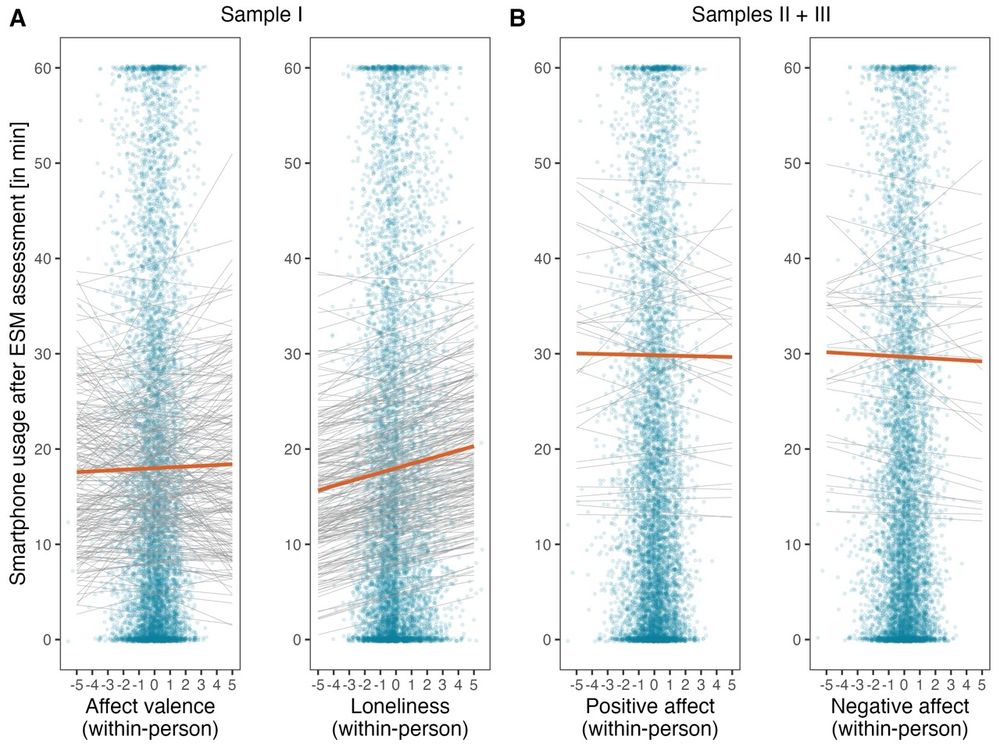
New paper out 🎓:
Personality Traits and Provision of Grandparental Childcare: Evidence from Europe (w/ @valeriabordone.bsky.social, Giorgio Di Gessa & @mdkraemer.bsky.social
Using data from @share-eric.bsky.social, we find personality matters for grandhild care provision
doi.org/10.1080/1535...
24.09.2025 13:31 — 👍 19 🔁 3 💬 1 📌 1

Pseudo Effects: How Method Biases Can Produce Spurious Findings About Close Relationships - Samantha Joel, John K. Sakaluk, James J. Kim, Devinder Khera, Helena Yuchen Qin, Sarah C. E. Stanton, 2025
Research on interpersonal relationships frequently relies on accurate self-reporting across various relationship facets (e.g., conflict, trust, appreciation). Y...
In a new paper, my colleagues and I set out to demonstrate how method biases can create spurious findings in relationship science, by using a seemingly meaningless scale (e.g., "My relationship has very good Saturn") to predict relationship outcomes. journals.sagepub.com/doi/10.1177/...
10.09.2025 18:18 — 👍 158 🔁 69 💬 7 📌 11

Models as Prediction Machines: How to Convert Confusing Coefficients into Clear Quantities
Abstract
Psychological researchers usually make sense of regression models by interpreting coefficient estimates directly. This works well enough for simple linear models, but is more challenging for more complex models with, for example, categorical variables, interactions, non-linearities, and hierarchical structures. Here, we introduce an alternative approach to making sense of statistical models. The central idea is to abstract away from the mechanics of estimation, and to treat models as “counterfactual prediction machines,” which are subsequently queried to estimate quantities and conduct tests that matter substantively. This workflow is model-agnostic; it can be applied in a consistent fashion to draw causal or descriptive inference from a wide range of models. We illustrate how to implement this workflow with the marginaleffects package, which supports over 100 different classes of models in R and Python, and present two worked examples. These examples show how the workflow can be applied across designs (e.g., observational study, randomized experiment) to answer different research questions (e.g., associations, causal effects, effect heterogeneity) while facing various challenges (e.g., controlling for confounders in a flexible manner, modelling ordinal outcomes, and interpreting non-linear models).

Figure illustrating model predictions. On the X-axis the predictor, annual gross income in Euro. On the Y-axis the outcome, predicted life satisfaction. A solid line marks the curve of predictions on which individual data points are marked as model-implied outcomes at incomes of interest. Comparing two such predictions gives us a comparison. We can also fit a tangent to the line of predictions, which illustrates the slope at any given point of the curve.

A figure illustrating various ways to include age as a predictor in a model. On the x-axis age (predictor), on the y-axis the outcome (model-implied importance of friends, including confidence intervals).
Illustrated are
1. age as a categorical predictor, resultings in the predictions bouncing around a lot with wide confidence intervals
2. age as a linear predictor, which forces a straight line through the data points that has a very tight confidence band and
3. age splines, which lies somewhere in between as it smoothly follows the data but has more uncertainty than the straight line.
Ever stared at a table of regression coefficients & wondered what you're doing with your life?
Very excited to share this gentle introduction to another way of making sense of statistical models (w @vincentab.bsky.social)
Preprint: doi.org/10.31234/osf...
Website: j-rohrer.github.io/marginal-psy...
25.08.2025 11:49 — 👍 944 🔁 283 💬 48 📌 19

Wie verändert sich unsere Persönlichkeit über ein Jahr? Dazu starten wir heute eine neue Studie und suchen nach Teilnehmenden zwischen 18-40 Jahren, die Interesse haben, Einblicke in ihre Persönlichkeit, Wohlbefinden und Verhalten über ein Jahr zu erhalten und bis zu 173 CHF (~185€) zu verdienen.
22.08.2025 08:12 — 👍 6 🔁 7 💬 1 📌 0
Check out our preprint - the result of a really fun collaboration!
21.07.2025 19:48 — 👍 6 🔁 2 💬 0 📌 1
OSF
Updated preprint available at: osf.io/preprints/ps...
16.06.2025 18:18 — 👍 0 🔁 0 💬 0 📌 0
Self-improvement, self-acceptance, and/or methods effects? Travis Miller, @chopwood.bsky.social , and @wiebkeb.bsky.social, and I examined factors that might explain personality change intervention effects - now in print at JPSP 🥳: doi.org/10.1037/pspp...
16.06.2025 18:18 — 👍 14 🔁 8 💬 1 📌 1
Starting to look like I might not be able to work at Harvard anymore due to recent funding cuts. If you know of any open statistical consulting positions that support remote work or are NYC-based, please reach out! 😅
04.06.2025 19:02 — 👍 154 🔁 97 💬 11 📌 7
...with @wiebkeb.bsky.social, @chopwood.bsky.social, @peterhaehner.bsky.social, @rosalieandrae.bsky.social and Philippe Sloksnath & Lina Hungerbühler who are not on here yet 🦋
30.05.2025 16:55 — 👍 1 🔁 0 💬 0 📌 0
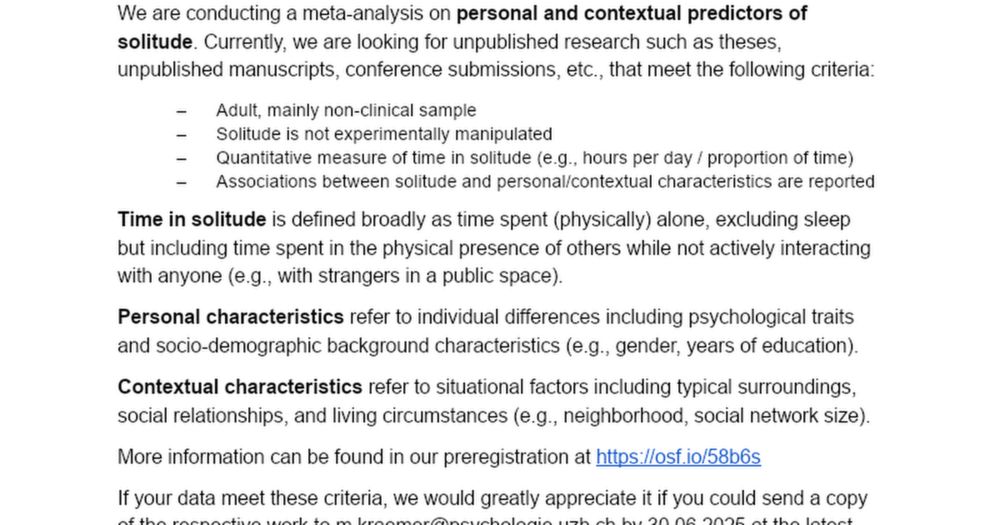
MA solitude: Call for unpublished data
Meta-analysis on solitude: Call for unpublished data Dear colleagues, We are conducting a meta-analysis on personal and contextual predictors of solitude. Currently, we are looking for unpublished r...
We are conducting a meta-analysis on personal and contextual predictors of solitude. We're looking for unpublished research such as theses, unpublished manuscripts, conference submissions etc.
Full call for data: tinyurl.com/4hur45cw
Please reskeet, or message me if you know unpublished research!
30.05.2025 16:55 — 👍 10 🔁 10 💬 3 📌 0
Fantastic speach by @cdrosten.bsky.social on the freedom and responsibilities of researchers in these trying times
30.05.2025 11:34 — 👍 5 🔁 1 💬 0 📌 0
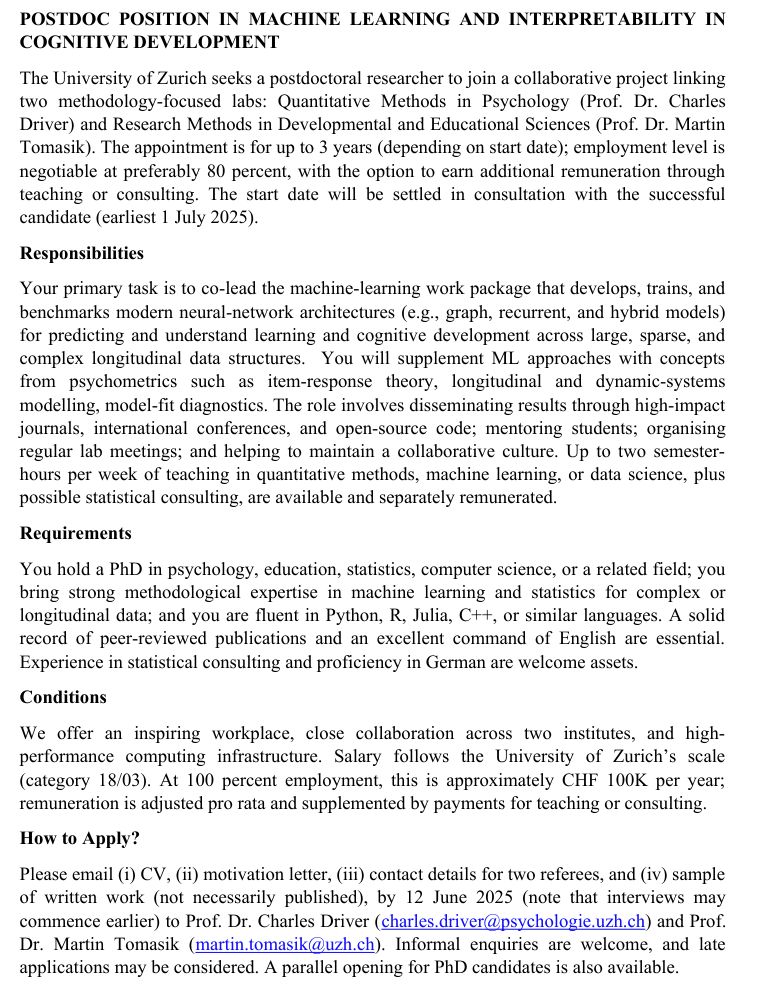
Postdoc position open in Zurich -- Prof. Martin Tomasik and I have a joint SNF project on interpretable neural network approaches for large scale, complex item / temporal structure, online learning / cognitive development data.
Please retweet.
tinyurl.com/PostdocGNNSNF
28.05.2025 11:16 — 👍 24 🔁 19 💬 0 📌 1
Study 1 data also available on OSF! 👀
26.05.2025 17:59 — 👍 1 🔁 0 💬 0 📌 0
Amazing team 🙏, with @yannickroos.com, @ramonaschoedel.bsky.social, Mitja Back, and @drichter77.bsky.social. Without them this paper and data collection wouldn‘t have been possible. Btw, the combined experience sampling and mobile sensing data of Study 2 are now openly available as part of the
26.05.2025 17:59 — 👍 2 🔁 0 💬 1 📌 0
APA PsycNet
mobile sensing, affiliation motive predicted a stronger momentary social
desire and future social interactions (but only when assessed with mobile sensing). See the open-access paper for more results including on the valence and voluntariness of social interactions: doi.apa.org/doi/10.1037/...
26.05.2025 17:59 — 👍 2 🔁 1 💬 1 📌 0
How do people differ in pursuing their social lives? In a new paper at JPSP, lead by Cornelia Wrzus, we examined the affiliation motive (and other social traits) as moderators of how people dynamically regulate their social interactions. Across two studies with experience sampling and
26.05.2025 17:59 — 👍 9 🔁 5 💬 1 📌 1
Especially skills and access to software other than R are currently lacking (Stata, Mplus, hell even SPSS😅)
23.05.2025 17:07 — 👍 1 🔁 0 💬 0 📌 0
Now published at EJP: doi.org/10.1177/0890...
28.04.2025 19:49 — 👍 6 🔁 1 💬 0 📌 1
OSF
New preprint with @rebiweidmann.bsky.social @sophiepotter.bsky.social Dikla Segel-Karpas and Jenna Wünsche:
"When you're with me, baby, the skies will be blue for all my life? A dyadic longitudinal study of relationship happiness through midlife"
osf.io/preprints/ps...
(1/5)
24.04.2025 14:43 — 👍 13 🔁 2 💬 1 📌 2
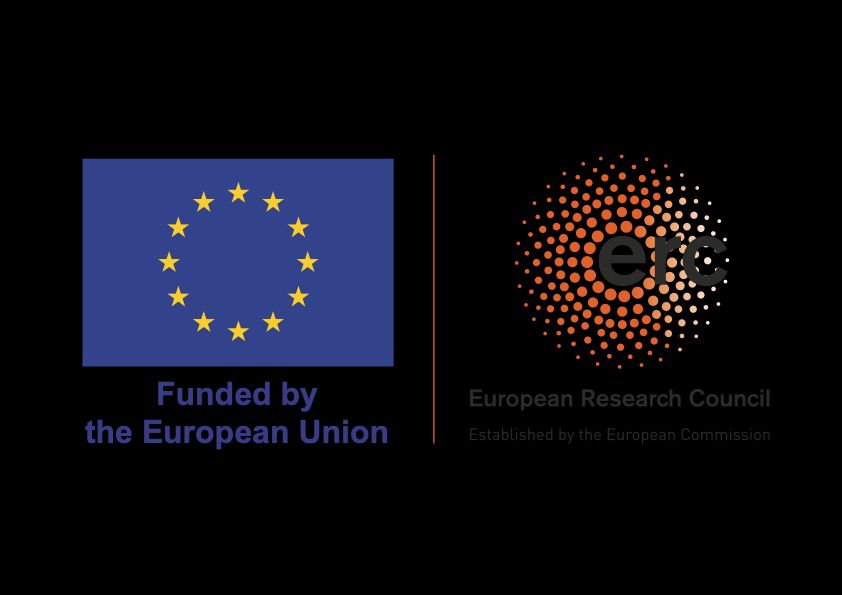
🚨 Job alert - please share!
I'm looking for a doctoral researcher (3 years, 75%) to join my #ERC project #Loneliness across time and space (LOTIS) at @ruhr-uni-bochum.de, starting June 1 or later.
Details in thread 👇
#PsychSciSky
08.04.2025 06:29 — 👍 40 🔁 48 💬 3 📌 2
OSF
New preprint!
Ever heard that personality doesn't change? Do you believe that? (you shouldn't)
Using data from an online survey (n = 887) & eight longitudinal datasets (n = 166,971), we compared perceived vs. actual lifespan changes in personality and 20+ individual differences (1/8)
osf.io/ytmxp
13.03.2025 20:59 — 👍 84 🔁 27 💬 6 📌 1
SOEP, and Australian HILDA data 🇳🇱🇩🇪🇦🇺
03.03.2025 19:16 — 👍 0 🔁 0 💬 0 📌 0
principle of personality development. For example, those who reported to worry more, were more likely to take on informal caregiving and in turn started worrying even more as they increased their time investment. Similarly for being less lazy and more considerate! We used the Dutch LISS, German
03.03.2025 19:16 — 👍 0 🔁 0 💬 1 📌 0
OSF
New Preprint Alert!
Why do people differ in their self-esteem development after a negative life event?
With M. Altorfer, and @peterhaehner.bsky.social, I addressed this question by studying self-esteem changes over six months after a negative life event.
Full preprint here: osf.io/preprints/ps...
24.02.2025 14:58 — 👍 7 🔁 2 💬 1 📌 1
Mein DFG Projekt läuft im Juni aus, bin also danach potentiell für Jobs zu haben. Ab jetzt freu ich mich immer wenn ihr mir was schickt, vorzugsweise Berlin aber nicht nur, möglichst Forschung. Meine Schwerpunkte sind Alters- , und Entwicklungs-, aber auch Persönlichkeits- und Arbeitspsychologie
12.02.2025 09:19 — 👍 10 🔁 3 💬 1 📌 0
Hauptstadtbüro DER SPIEGEL - AfD, Innere Sicherheit und sexualisierte Gewalt - Buch „Die Unsichtbaren“ mit @mb-journalist.bsky.social - Threema: 78XAU7T3
Juniorprof für Philosophie der Technik & Information, Uni Stuttgart
Mitinitiatorin von #IchBinHanna | https://amreibahr.net | Newsletter #ArbeitInDerWiss: https://steady.page/de/arbeit-in-der-wissenschaft/ | #Top40unter40
☕️ #TeamKaffee | 🏃🏻♀️ #TeamLaufen
UBS Professor of Economics, University of Zurich. Department Chair @uzh-econ.bsky.social
www.econ.uzh.ch/scheuer
Academic Fellow at Melbourne Uni's School of Psychological Sciences - personality, curiosity, motivation, interdisciplinary research, Jach of all trades, master of hyperfixation (currently owls 🦉)
Social-personality psychologist with a focus on self-perception and motivation.
Official account of the European Association of Personality Psychology (EAPP)
Personal account of @nyccomptroller.bsky.social
Independent journalist, SnapStream brand ambassador, and publisher of the Public Notice newsletter https://www.publicnotice.co/subscribe
Nearly finished Ph.D. Student in Self and Virtual Reality | Emotion | Media Psychology | Psychometrics and Statistical Models | 🏳️🌈
postdoc at Stanford researching social interactions, ostracism, and social media processes
https://christiane-buttner0.webnode.page/
Research Assistant @ MRC-CBU Digital Mental Health Group, University of Cambridge | bd440@cam.ac.uk | he/him
Assistant professor of political science. I think about identity, stigma, race, and politics more than any normal person should. Lover of life. Pro-democracy.
People should dance more.
Not Hakeem Jeffries, the Minority Leader.
milkshake, boys, yards, schreiben über Patriarchat (erst der Dinge, jetzt der Mythen)
1/2 von @femshelfcontrol.bsky.social
Foto: Andrew Collberg
tweets für leute die sich in ihrer freizeit "billy" nennen
Professor of European Politics at Nuffield College, University of Oxford. Elections, parties, social democracy & the radical right. he/him. 🏳️🌈
Politikwissenschaftler, Autor, Referent / Themen: Nationalismus, Rassismus, Antisemitismus / ismail.kuepeli@ruhr-uni-bochum.de / https://ismail-kuepeli.de/
Intro to causal inference for psychologists:
https://czasopisma.uwm.edu.pl/index.php/pp/article/view/9731/7171
A causal-theoretic definition of measurement invariance (see p. 14):
+
A new ordinal regression family
https://osf.io/preprints/psyarxiv/e7a3x
ich bin lauwarm und habe haut
she/her









